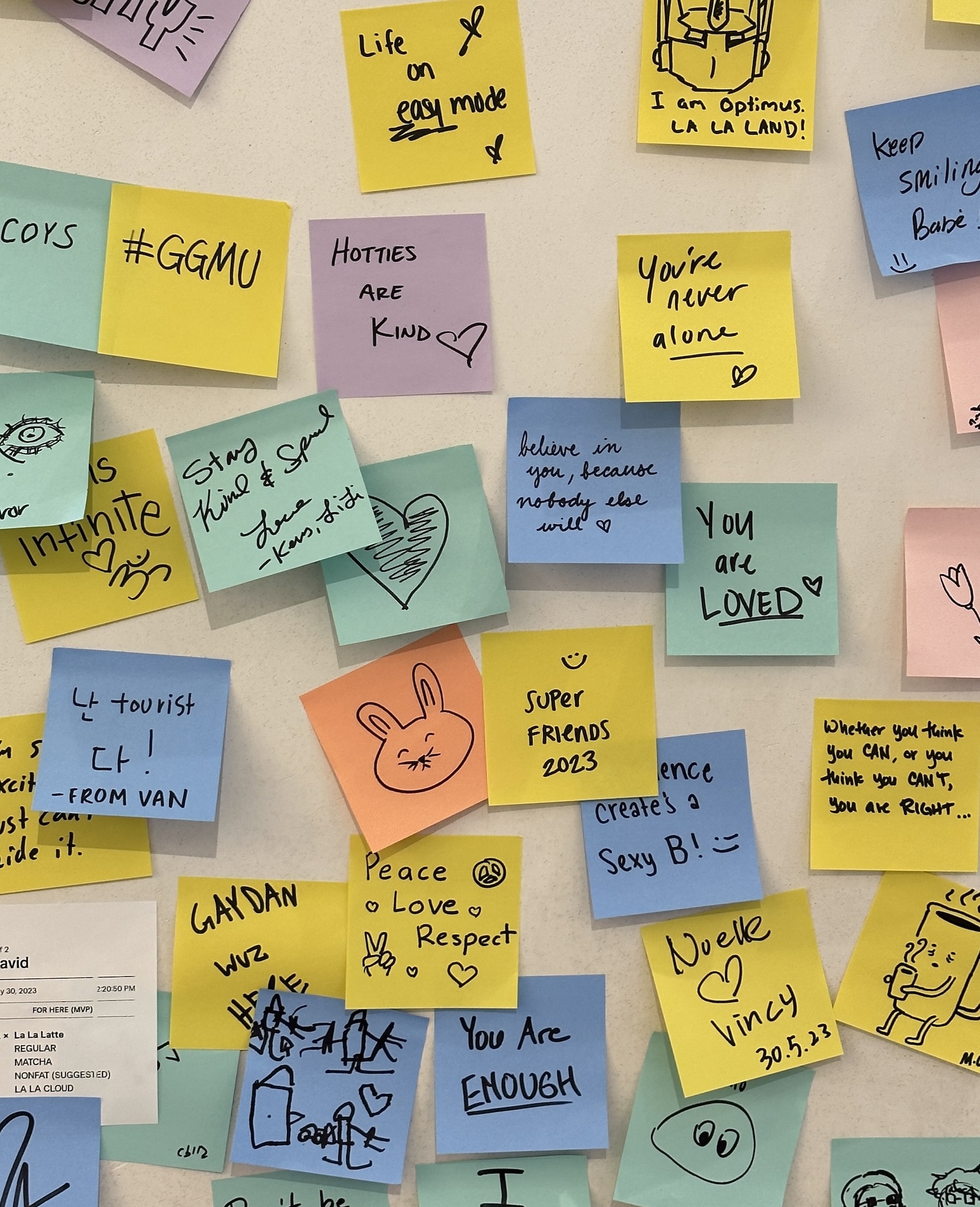We’ve all been there—your words stumble, and suddenly, you’re the center of unwanted attention, feeling as if you’re under a microscope. Humiliating moments can come out of nowhere and stick like gum on your shoe.
But why is that? Why do these experiences, which might last only a minute or two, leave such a lasting imprint? It’s because these moments strike at the core of our self-esteem and fears, making them memorable in not-so-great ways. By understanding this, you can begin to heal and eventually, turn those cringe-worthy memories into mere anecdotes.
The Science Behind Humiliation
Humiliation is more than just embarrassment; it’s a profound emotional experience that can trigger our deepest insecurities. It’s tied to the part of our brain that’s responsible for emotion and memory—the limbic system. When you feel humiliated, your body reacts: your face might flush, your heart races, and these physical reactions are seared into your memory alongside the emotional pain.
This link between emotional distress and physical response makes humiliation hard to forget. But here’s a comforting thought: just as our bodies remember, they can also help us heal. Techniques like mindful breathing and meditation can soothe the limbic system and start to untangle those painful memories.
Common Triggers and Themes in Humiliating Experiences
Identifying what triggers humiliation can often help you prepare or avoid certain situations. Common themes include public performance, like freezing up during a presentation, or social faux pas, such as calling someone by the wrong name.
These scenarios are potent because they unexpectedly thrust us into the spotlight, revealing vulnerabilities we aren’t ready to share. By recognizing these triggers, you can start to develop coping strategies, like rehearsing for public speaking or practicing names before events, which can help reduce the likelihood of a humiliating mishap.
Immediate Responses: Handling Humiliation Right When It Happens
In the thick of a humiliating moment, it might feel like the ground should swallow you whole. However, there are ways to handle these situations with grace.
First, control your breathing; deep, slow breaths can reduce the immediate physical stress responses, giving you a clearer head to deal with the situation. Another tip is to have an exit strategy for when things get too intense. Whether it’s excusing yourself to the bathroom or switching the conversation, knowing how to tactfully exit can save you from further embarrassment.
Also, don’t underestimate the power of humor to diffuse tension. A light-hearted comment about your own slip-up can turn awkward laughter into a shared joke.
Short-Term Strategies to Start Healing
After the moment passes, the real work begins—processing what happened. Start by talking yourself through the events. Be kind and rationalize your feelings: yes, it was embarrassing, but everyone has these moments, and they don’t define your worth.
Writing down your thoughts and feelings can also be incredibly therapeutic. It helps to externalize the event and see it from a new perspective. Additionally, consider sharing your experience with friends or family. Often, they can offer support and might even share their own embarrassing stories, reminding you that you’re not alone in this.
Long-Term Healing: Rewriting the Narrative
The long road to overcoming humiliation often involves rewriting the internal narrative about the event. Instead of viewing it as a humiliating catastrophe, try to see it as a minor blip or even a stepping stone to personal growth.
Cognitive restructuring, a technique used in cognitive behavioral therapy, can be very helpful here. It involves challenging and changing destructive beliefs and replacing them with more constructive ones. For instance, replace thoughts like “I’m always so awkward” with “Everyone has awkward moments, I’m learning from mine.”
This shift in perspective reduces the emotional charge of the memory and helps you reclaim your story.
Developing a New Response
Over time, as you work on restructuring your thoughts, also focus on developing new emotional responses. This might include intentionally recalling the event and practicing feeling compassion towards yourself or using visualization techniques to imagine handling a similar situation more smoothly in the future. These exercises strengthen your emotional resilience, making you less susceptible to feelings of humiliation over time.
Building Resilience to Future Humiliations
Building resilience is about strengthening yourself so that future humiliations don’t hit as hard. A key element here is developing a robust sense of self-compassion. Be as kind to yourself as you would be to a friend in the same situation. Regularly practicing self-compassion can actually rewire your brain to handle stress more effectively.
Embracing Humor and Perspective
Another resilience-building strategy is maintaining a sense of humor about life’s mishaps. Learning to laugh at yourself, when appropriate, can diffuse the impact of potentially humiliating situations.
Remember, maintaining a sense of perspective is crucial; in the grand scheme of things, one embarrassing moment is just a tiny part of your life. This mindset can reduce the severity of the event’s impact and help you bounce back more quickly.
By understanding the underlying mechanisms of humiliation, actively managing your response to it, and gradually changing how you perceive these events, you can transform how they impact you. Remember, every moment of humiliation is also an opportunity for growth and learning. With the right tools and mindset, you can move past these memories and grow from them.















